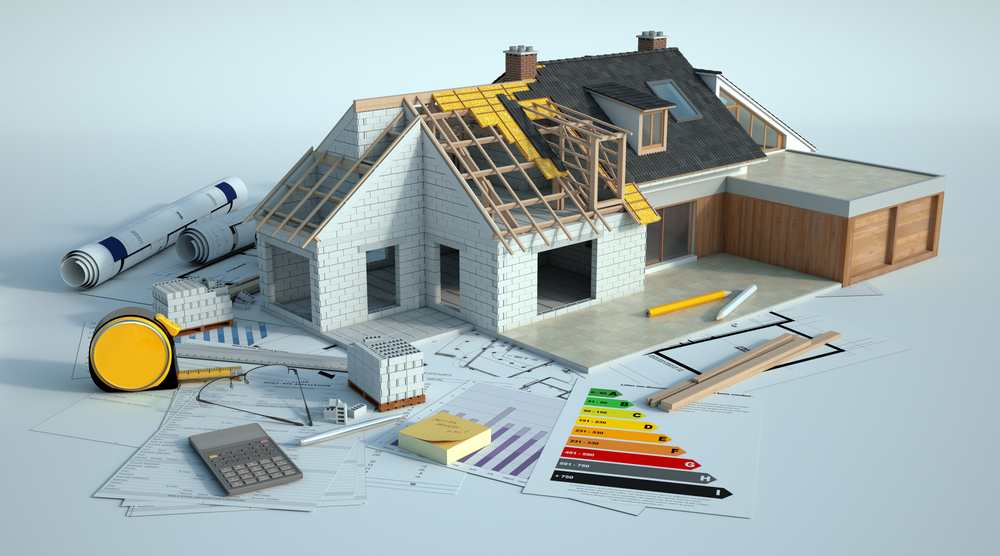
VAT is charged at the standard rate on repair work carried out on a property, but the VAT treatment of renovation work is not so clear-cut. Although VAT at 20% is normally charged when a property is renovated, there are some exceptions to be aware of.
Renovation of empty premises
Renovation or alteration work carried out on empty premises is reduced rated (5%) for VAT if the following conditions are met:
- The property is an eligible dwelling or used for a relevant residential purpose
- The property has not been lived in for two years or more immediately preceding the start of the work
- The work being carried out is a qualifying service
- A certificate is provided if the renovations are carried out on a building used for a relevant residential purpose
If the ‘qualifying residential premises’ have not been lived in during the two years immediately before the work starts, all the renovation work is reduced-rated. The occupier must move in after the work has commenced, but can move in before the renovations have finished.
If the premises are already occupied when the work starts, or have been lived in during the previous two years, all the renovation work is standard-rated.
Renovation of single-household dwellings
Where renovation work is carried out on a single household dwelling, the work is reduced-rated if:
1. The dwelling has not had residents in the two years immediately before the occupier acquired the building2. No renovation or alteration has been carried out in the two years before the occupier acquired the dwelling (besides minor works necessary to keep the dwelling dry and secure)
3. The renovation services are supplied to the occupier. A subcontractor providing services to the main contractor must charge VAT at the standard rate for their work
4. The renovations take place within one year of the occupier acquiring the dwelling
What work can be reduced-rated?
Work which can be reduced rated for VAT if the above conditions are met includes:
- Installing goods that are building materials (e.g., doors, windows, fireplaces, flooring, heating systems, fitted kitchens)
- Any works of repair, maintenance (such as redecoration), or improvement (such as the construction of an extension or the installation of double glazing) carried out to the fabric of the dwelling
In addition, the following works within the immediate site of the dwelling are reduced-rated:
- Means of providing water, power, heat, or access
- Means of providing drainage or security
- Means of providing waste disposal
Unless the services being provided are specifically zero-rated (see VAT Notice 708, Buildings and construction), the work carried out is standard-rated.
For example, the installation of goods that are not building materials, such as carpets or fitted bedroom furniture, or the erection and dismantling of scaffolding and landscaping are subject to VAT at the standard rate. Our guide on VAT and new build housing explains this in more detail.
VAT on the installation of energy-saving materials
Renovations to residential property may include the installation of energy-saving materials. The supply and installation of specified energy-saving materials are zero-rated. The zero rating applies to the following installed materials, which may commonly be part of a renovation project:
- Solar panels
- Ground source heat pumps and air source heat pumps
- Insulation materials, including insulation to walls, floors, ceilings, roofs, and pipes, loft insulation, cavity wall insulation, and draught stripping.
- Wood-fuelled boilers
The zero rating only applies until 31 March 2027, after which the reduced rate will apply. More information on energy-saving materials can be found in our separate blog looking at VAT on solar panels and other energy saving materials (ESM).
The rules governing the VAT treatment of both renovation work and the installation of energy-saving materials are complex. We advise individuals to take professional advice before applying either the reduced rate or the zero rate.
Speak to our dedicated VAT Consultancy team today for advice on specific areas.

Lynne Gill
My area of expertise is land and property transactions but I have extensive knowledge of both domestic and international VAT and I love complex VAT queries. I have an Honours degree in Business Studies and a VAT legal and technical qualification from the Institute of Indirect Taxation.
View my articlesTags: VAT
